National Reconciliation Week began in 1993, the International Year of the World’s Indigenous Peoples, and in 1996 the Council for Aboriginal Reconciliation launched Australia’s first National Reconciliation Week.1
This week represents two significant events. Firstly, 27 May 1967 was when First Nations people were formally recognised as citizens of Australia and secondly, 3 June 1993, when the High Court ruled that native title rights existed on Murray Islands in the Torres Strait prior to 1770, overruling the doctrine of terra nullius; in the case of Mabo.
It is fair to say that, over the last two decades, recognition, celebration and participation of National Reconciliation Week has grown considerably, with large celebrations, mass gatherings and creating a space to reflect on First Nations history; our history.
Coincidently, on 21 January 2020 Reconciliation Australia announced the 2020 theme for National Reconciliation Week as ‘In this together’.2
Reconciliation Australia Chief Executive Officer Karen Mundine said: “The National Reconciliation Week 2020 theme reinforces that we all have a role to play when it comes to reconciliation, and in playing our part we collectively build relationships and communities that value Aboriginal and Torres Strait Islander peoples, histories and cultures. When we come together to build mutual respect and understanding, we shape a better future for all Australians.”
On 11 March 2020 the World Health Organisation declared COVID-19 as a pandemic3 and the result was a shutdown of domestic and international borders, mandatory and self-imposed quarantine, panic buying, fear and isolation. COVID-19 represented a new normal of physical distancing, a mass exodus of people from public spaces with people confined to the home, and a general fear about spreading the COVID-19 contagion.
Notwithstanding this new normal, it was so pleasing to see many people and organisations looking at innovative ways to virtually come together and, importantly, learn and celebrate the significance of National Reconciliation Week.
Celebrating reconciliation was a priority for the Queensland Law Society and, in the spirit of ‘In this together’, the Society held its inaugural virtual yarning circle with colleagues from Legal Aid Queensland, and we reflected on the much-needed healing our great country needs.
We also held a workplace viewing of In My Blood It Runs, a truth-telling documentary about education and the importance of First Nations children being strong in their culture. The film also highlights the advocacy and policy changes required for First Nations children and community.
As it always does, National Reconciliation Week passed by too quickly. The common thread of discussions throughout the week was that it is too important to confine to just one week (or 1.9% of a year!). It is something that should be part of our daily routines and our daily thoughts, if we are ever to close the gap between Indigenous and non-Indigenous Australians.
While social distancing and other restrictions ease as we get through the pandemic, the Black Lives Matter campaign has shown that, in the face of adversity or discrimination, Indigenous and non-Indigenous Australians can be united.
This year’s theme for National Reconciliation Week was fitting for what we as a community have faced over the past few months. The Society encourages the Parliament to make this an opportunity to introduce and implement laws that will not only see justice in the community but also hold accountable those who have a duty to uphold the law.
The time and place has come for us as a community to truly reconcile not only the past but also the present social issues faced by First Nations people and communities.
For everyday citizens, helping to raise awareness or celebrating significant cultural events merely touches the surface of the underlying issues that should be addressed by the legal system. First Nations people need to be heard and to be a part of the negotiation that will embed concrete and culturally viable results for the progression of a genuinely reconciled future.
The current challenges provide a very stark way of creating geographic divisions, unfortunately adding additional barriers for reconciliation or understanding of First Nations culture.
Despite the current restrictions, ‘sorry business’ is a time of mourning for First Nations people and communities that may last for weeks if not months. The cultural significance of Aboriginal funerals4 has been recognised, indicating that the legal system can to a degree accommodate culturally significant events.5
The Government’s response to the culturally sensitive burden of a significant Elder passing away, by allowing the family to have 80 other family members in attendance6 is to be commended. Generally speaking, when a significant Elder of a community passes away, there are hundreds, if not thousands, mourning and in attendance.
The cultural significance of what is known as ‘sorry business’ may not be well understood by other Australians, and gaining that understanding is an important part of reconciliation between Indigenous and non-Indigenous people.
As Reconciliation Week came to an end, one week is barely enough and reconciliation needs to be an everyday experience. In this way we could eradicate Australia’s shame over the many preventable deaths of First Nations people in police custody.
During restrictions, we encourage all to ask and be curious. We learn to reconcile in more ways than one. Everyone can contribute to reconciliation as we are ‘In this together’. Although we still need to keep our distance, we can contribute and understand by watching documentaries, reading stories, participating in virtual fun runs, engaging with listening ears to community members affected by deaths in custody. Reconciliation is more than a one-week event. We are in this together. Together we can bring about change.
Joshua Apanui is the RAP Coordinator at Queensland Law Society under a First Nations cadetship.
Notes
1 reconciliation.org.au/national-reconciliation-week.
2 reconciliation.org.au/2020-national-reconciliation-week-theme-announced-in-this-together.
3 who.int/emergencies/diseases/novel-coronavirus-2019/events-as-they-happen.
4 funeralguide.net/help-resources/arranging-a-funeral/religious-funerals/aboriginal-funerals.
5 Human Rights Act 2019 (Qld), ss27, 28.
6 abc.net.au/news/2020-04-09/coronavirus-queensland-funeral-mourners-indigenous-significant/12132614.



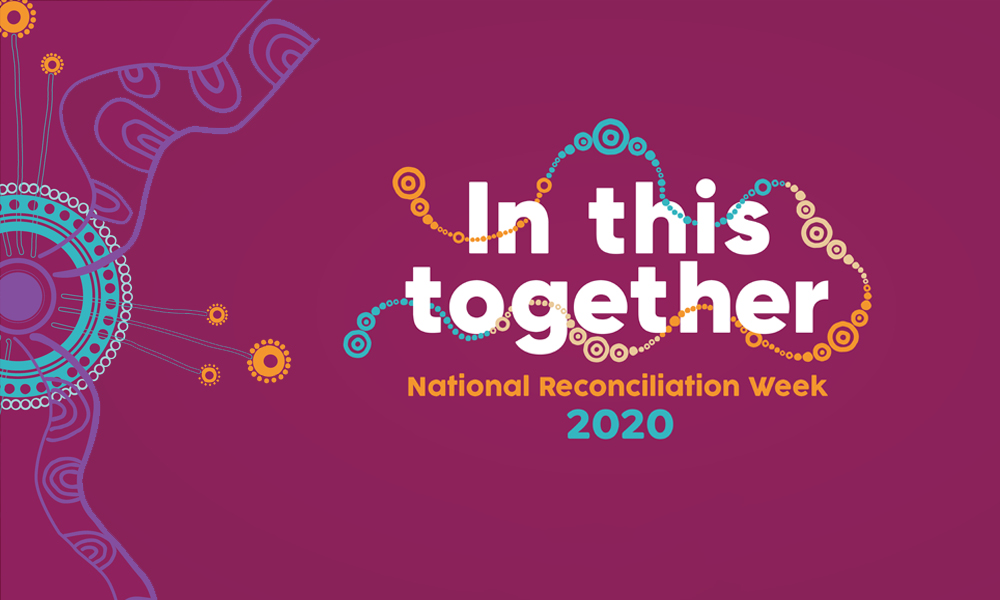



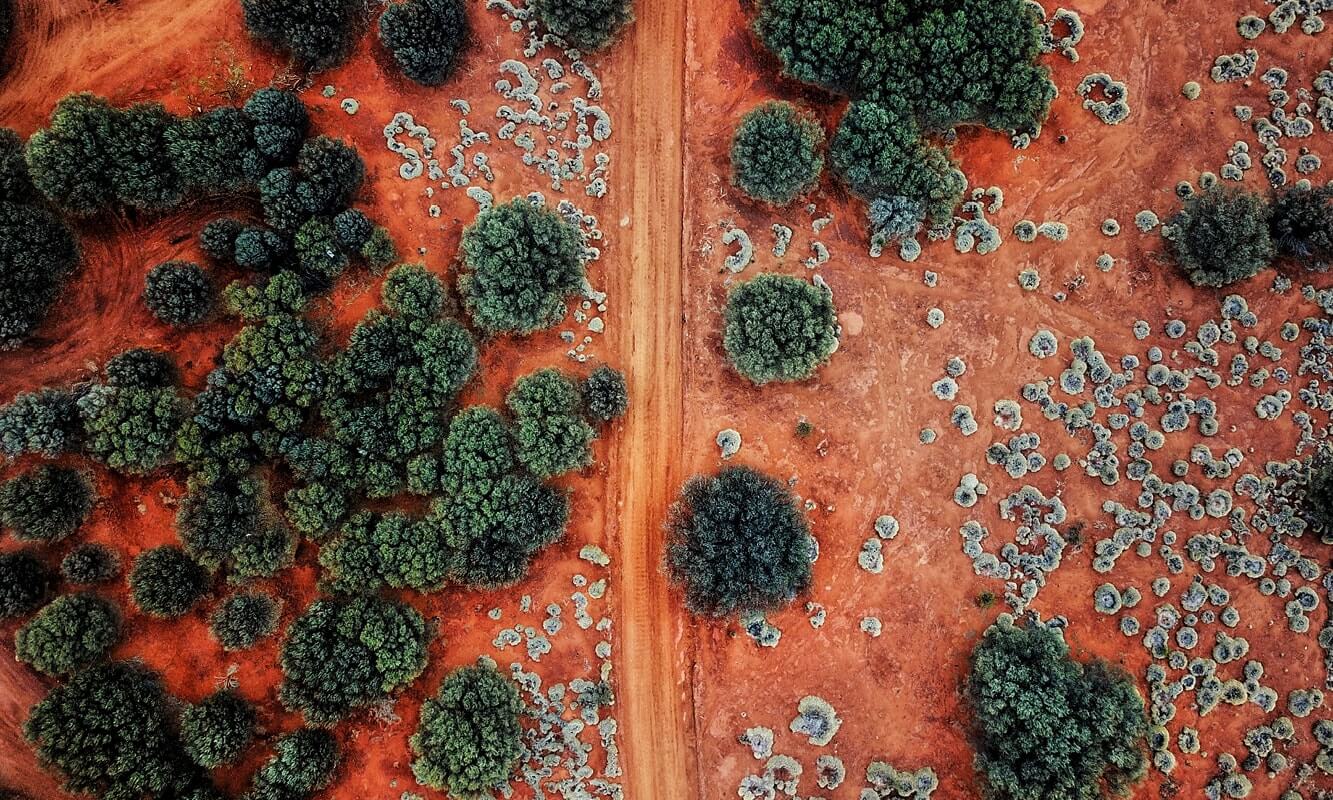
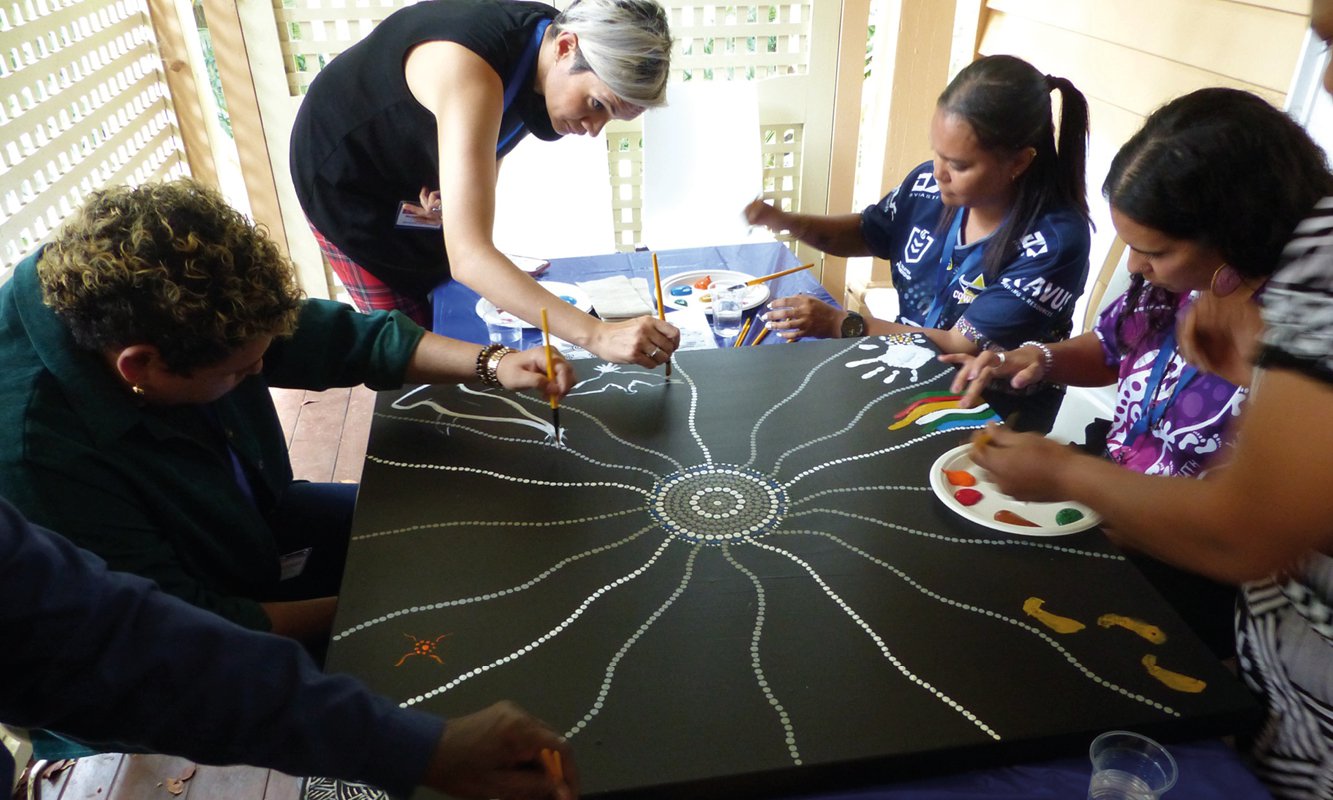
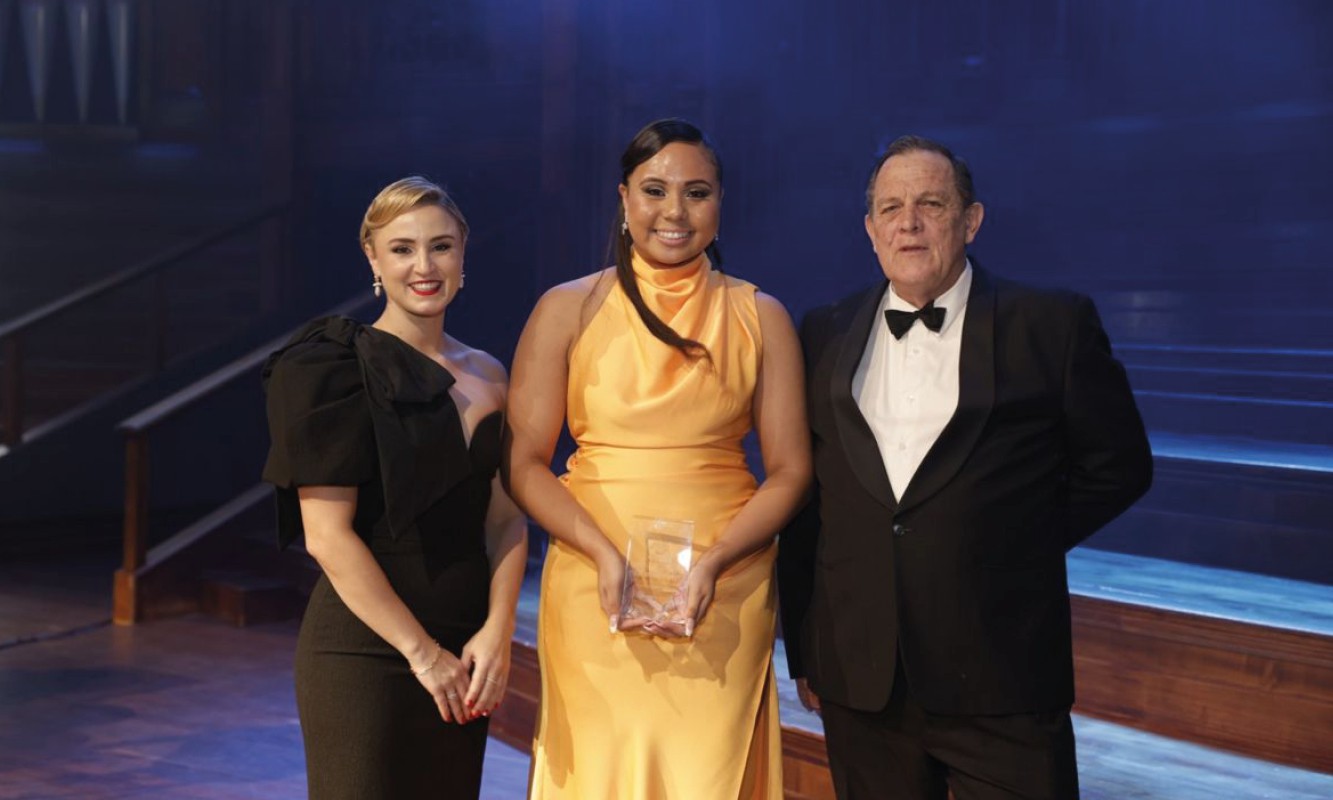

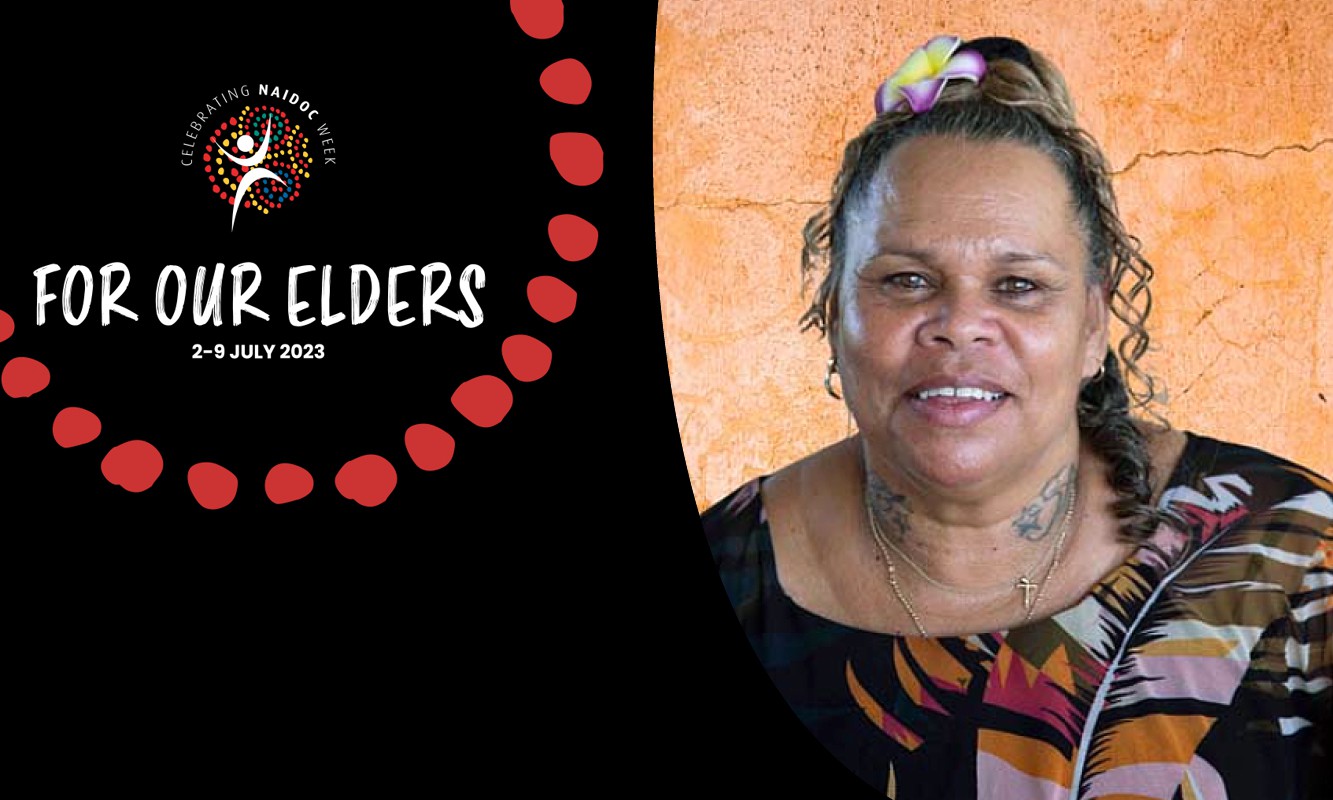

Share this article